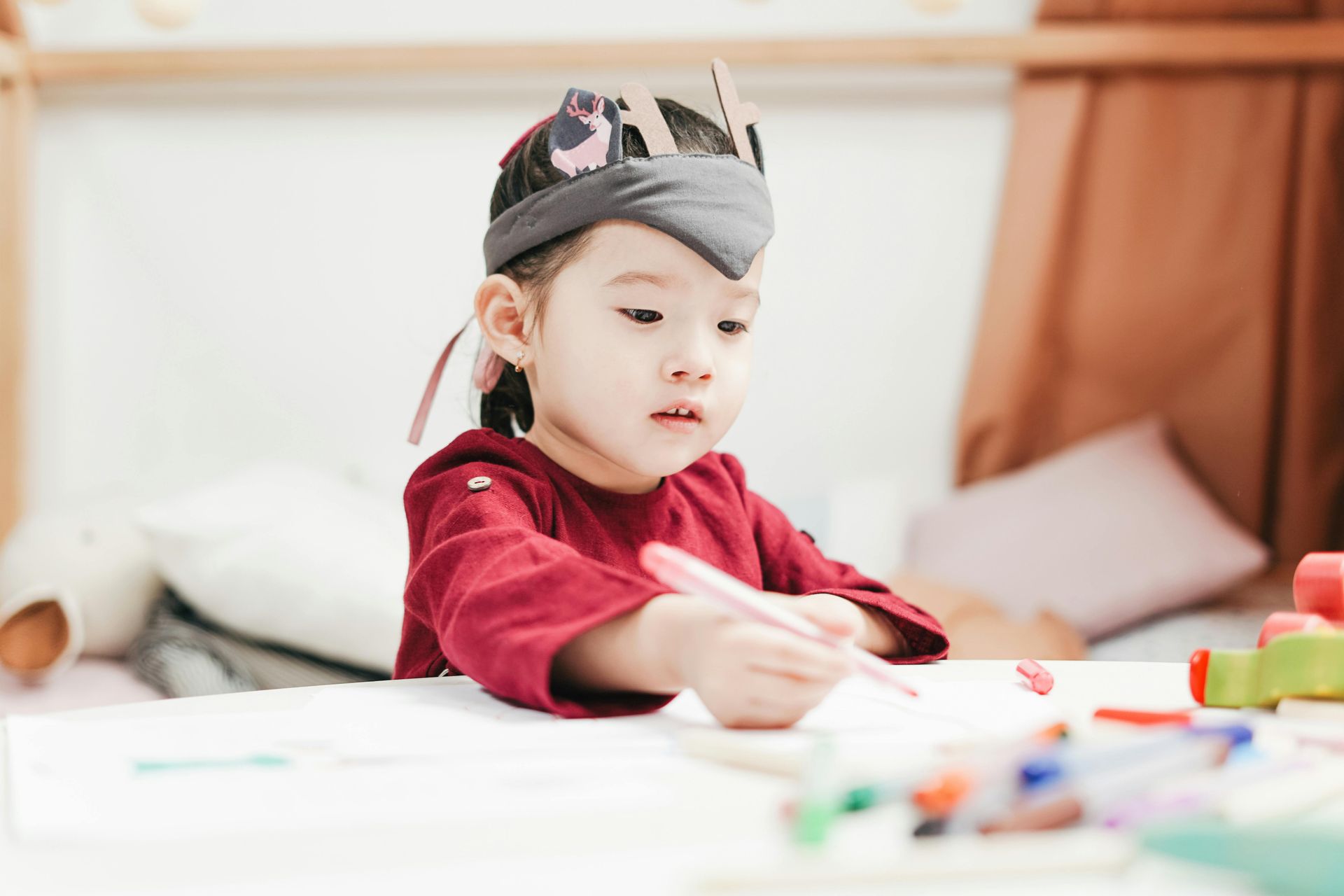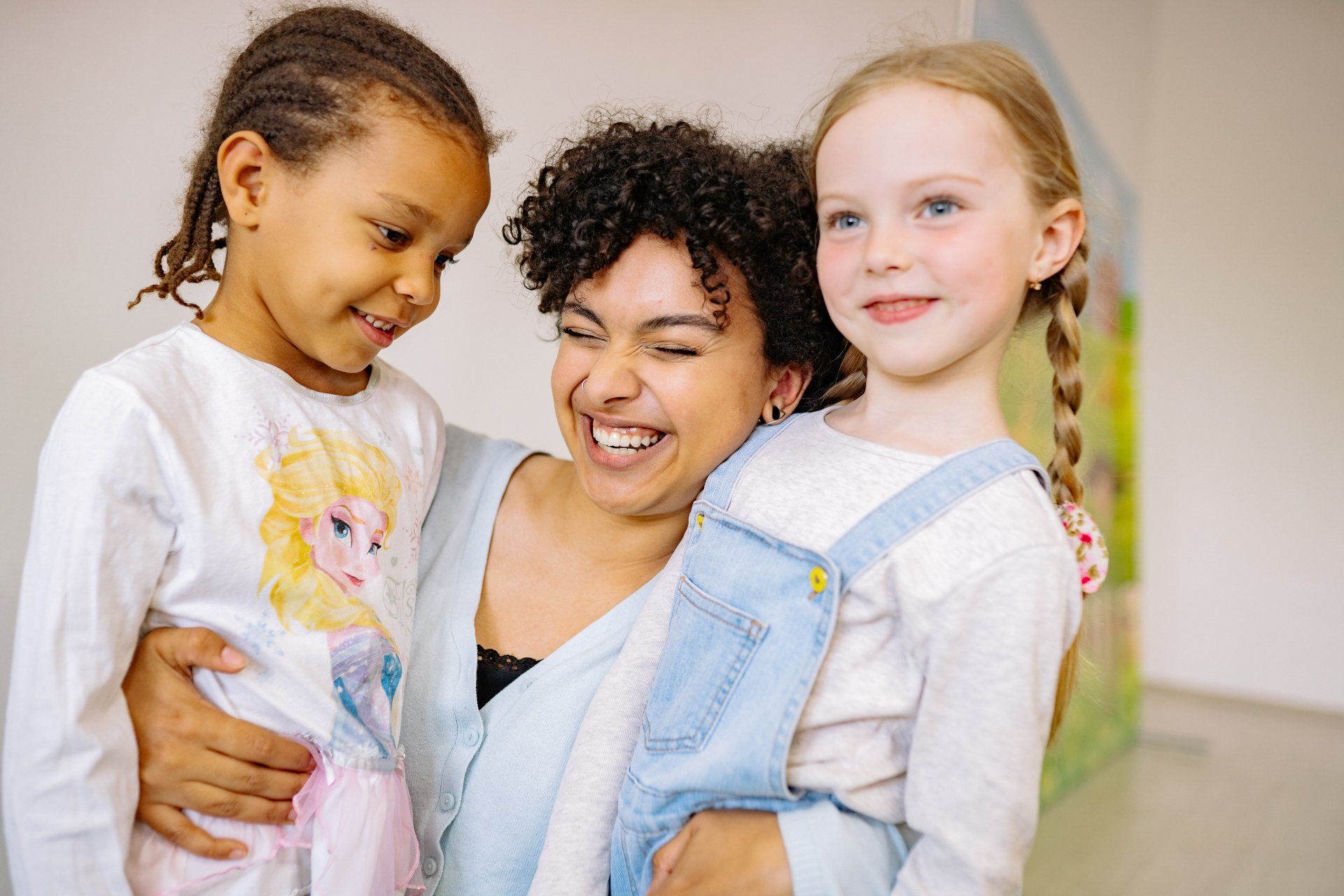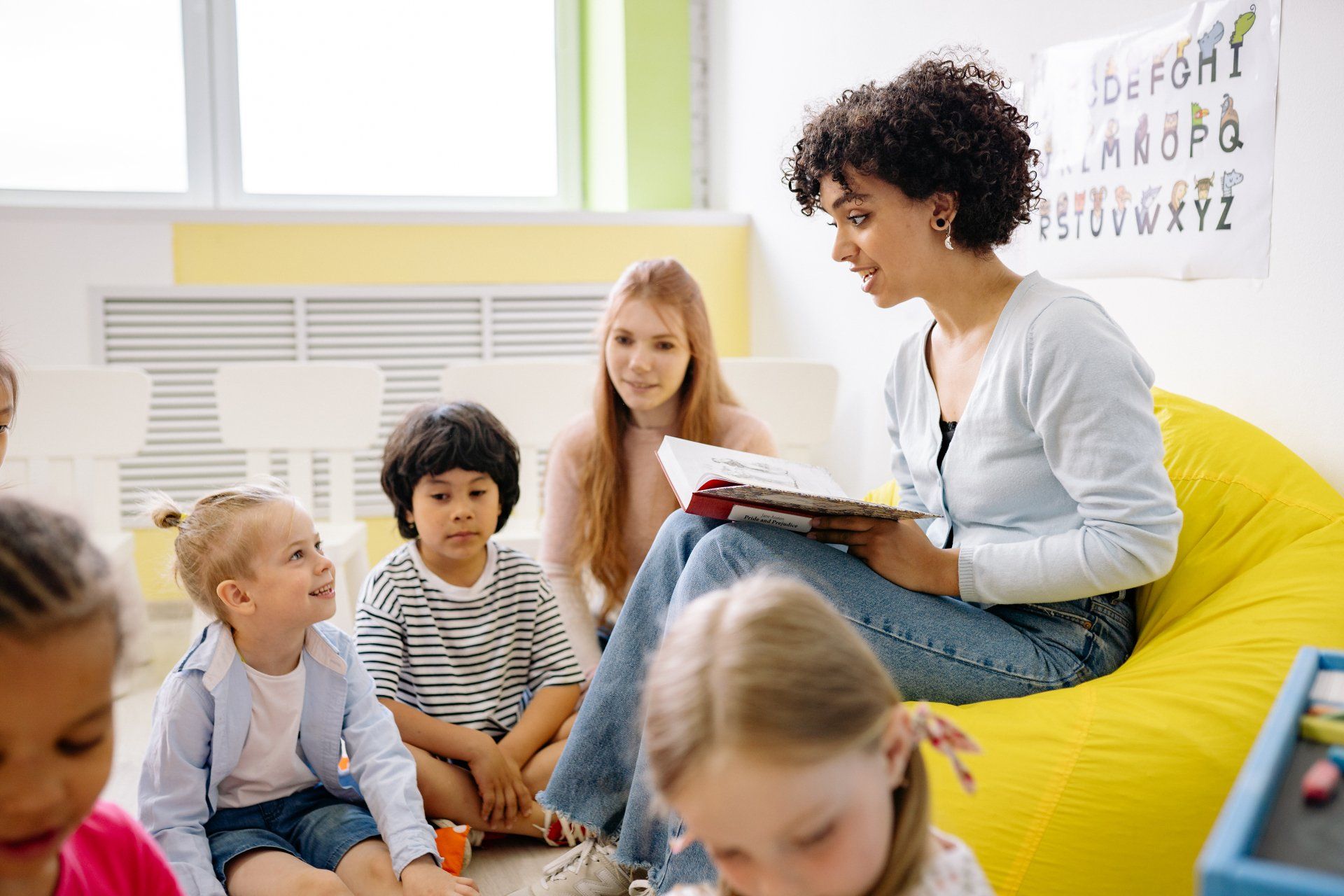Creating a Literacy-Rich Environment for Young Learners
Literacy is more than just reading books — it’s a way of engaging with the world, expressing ideas, and building connections. At Welbourne Avenue Nursery, we don’t wait for formal education to begin cultivating literacy. We immerse children in a world of words from the moment they walk through our doors.
What is Early Literacy?
Early literacy refers to the foundational skills that prepare children to become confident readers and writers. These include:
- Phonological awareness (the sounds of language)
- Vocabulary development
- Print awareness (understanding how books and print work)
- Story comprehension
- Oral language and communication
These skills begin developing in infancy and are nurtured through rich language experiences, play, and exploration.
Our Literacy-Rich Classrooms
Each of our classrooms is designed to surround children with literacy in a way that feels natural and joyful. Our environments include:
- Cozy reading corners with a wide range of age-appropriate books
- Labels on shelves and materials to connect print to meaning
- Storytime sessions with dynamic read-alouds
- Props and puppets for interactive storytelling
- Opportunities to “write” through drawing, scribbling, and mark-making
We emphasize that reading and writing are for communication, not performance. Children are free to explore language at their own pace, in their own way.
Daily Literacy Experiences
Every day, children at Welbourne Avenue Nursery engage in activities that build literacy skills:
- Singing songs and nursery rhymes to develop rhythm and rhyme
- Retelling stories with puppets or pictures to build comprehension
- “Writing” letters to friends or family members
- Using their names in attendance boards and cubbies
- Describing their art or play aloud with adult support
These small moments build a powerful foundation of language and literacy.
Storytelling as a Learning Tool
We view storytelling as a vital part of literacy development. Whether retelling a known tale or inventing their own, children learn:
- Sequencing (beginning, middle, end)
- Descriptive language
- Emotional expression
- Listening and turn-taking
Our educators often write down children’s stories, helping them see the connection between spoken and written words — a key part of emergent literacy.
Encouraging a Love of Books
The most important thing we can do for future readers is to help them love books. That’s why we offer:
- Diverse and inclusive literature that reflects children’s lives
- Books in different languages
- Books that feature humor, adventure, emotions, and curiosity
- Freedom for children to choose what they want to read
We also invite parents to borrow books, share stories from home, and participate in our “Family Reading Days” where grown-ups come in to read aloud.
Supporting Literacy at Home
We partner with families to extend literacy experiences into the home. We offer tips, book lists, and ideas like:
- Talking about your day at dinner
- Singing bedtime songs
- Reading together every evening, even if just for five minutes
- Encouraging children to tell their own stories
Together, we build confident communicators who see reading not as a task, but as a joy.











